Former President Donald Trump has publicly rejected a draft resolution circulating within the Republican National Committee (RNC) that aims to declare him the "presumptive" nominee for the 2024 presidential race.
Reports from The Dispatch, CNN, and NBC News indicate that the resolution proposes Trump as the presumptive nominee, allowing him access to the RNC's campaign resources.
The draft resolution, if approved, would not impede other states from holding primaries and appointing delegates as usual. Under the current RNC rules, Trump would need to secure 1,215 delegates to officially become the GOP nominee.
The resolution says that “any money spent from this moment forward in the primary process is better spent fighting the Democrats” and concludes with a call to move into "full general election mode":
“RESOLVED that the Republican National Committee hereby declares President Trump as our presumptive 2024 nominee for the office of President of the United States and from this moment forward moves into full general election mode welcoming supporters of all candidates as valued members of Team Trump 2024.”
However, Trump, in a statement on Truth Social, expressed his opposition to the plan, emphasizing the need for "party unity" and suggesting a more traditional approach to secure the nomination "AT THE BALLOT BOX."
He wrote:
“While I greatly appreciate the Republican National Committee (RNC) wanting to make me their PRESUMPTIVE NOMINEE, and while they have far more votes than necessary to do it, I feel, for the sake of PARTY UNITY, that they should NOT go forward with this plan, but that I should do it the “Old Fashioned” way, and finish the process off AT THE BALLOT BOX."
You can read Trump's post below.

It was clear Trump can't even take "yes" for an answer—and he was swiftly mocked for it.
The RNC's move could pose a challenge for former South Carolina Governor Nikki Haley, Trump's sole remaining rival, who has affirmed her intention to continue her campaign.
Despite receiving significantly fewer votes than Trump in Iowa's caucus and New Hampshire's primary, Haley contends that she offers a distinct alternative to both Trump and President Joe Biden, emphasizing the potential "chaos" of a second Trump presidency.
In New Hampshire, Trump defeated Haley by a margin of 54%-43%, which was a slimmer margin than pre-election polls had predicted. However, Trump's dual wins in both Iowa and New Hampshire make him the first Republican since 1976 to sweep competitive votes in these early nominating contests.
Haley's campaign affirmed its commitment to persist until Super Tuesday on March 5, when Republicans in 15 states and one territory cast their votes.



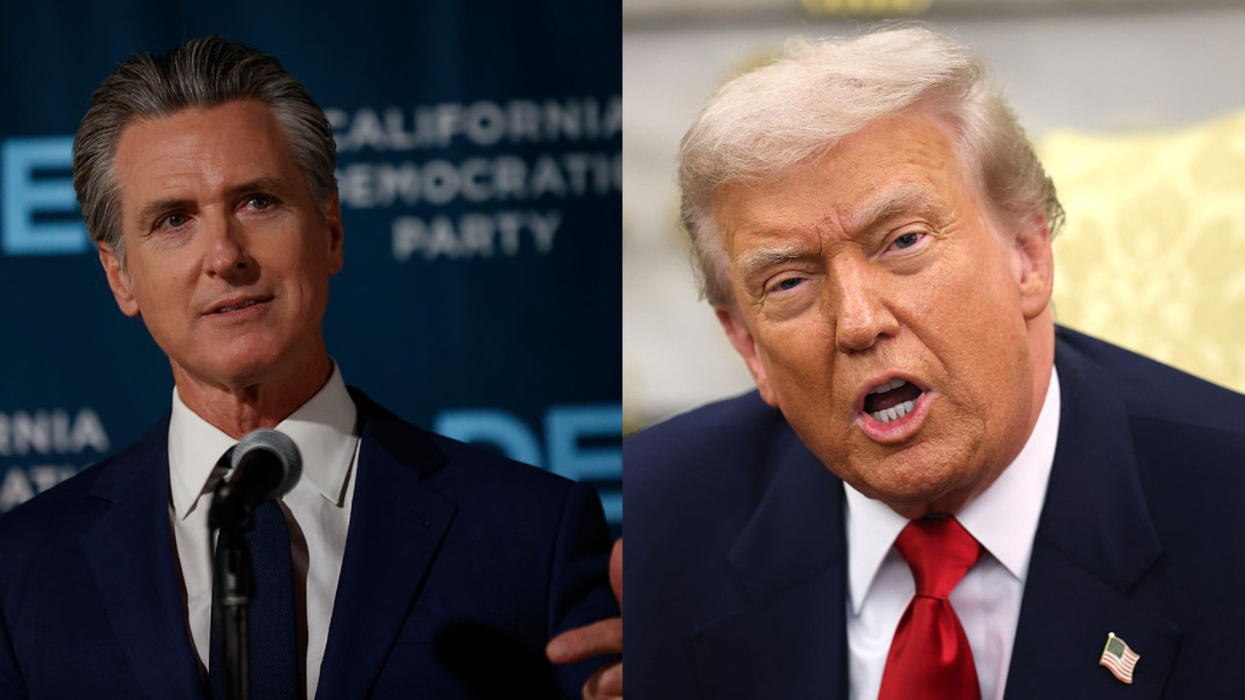

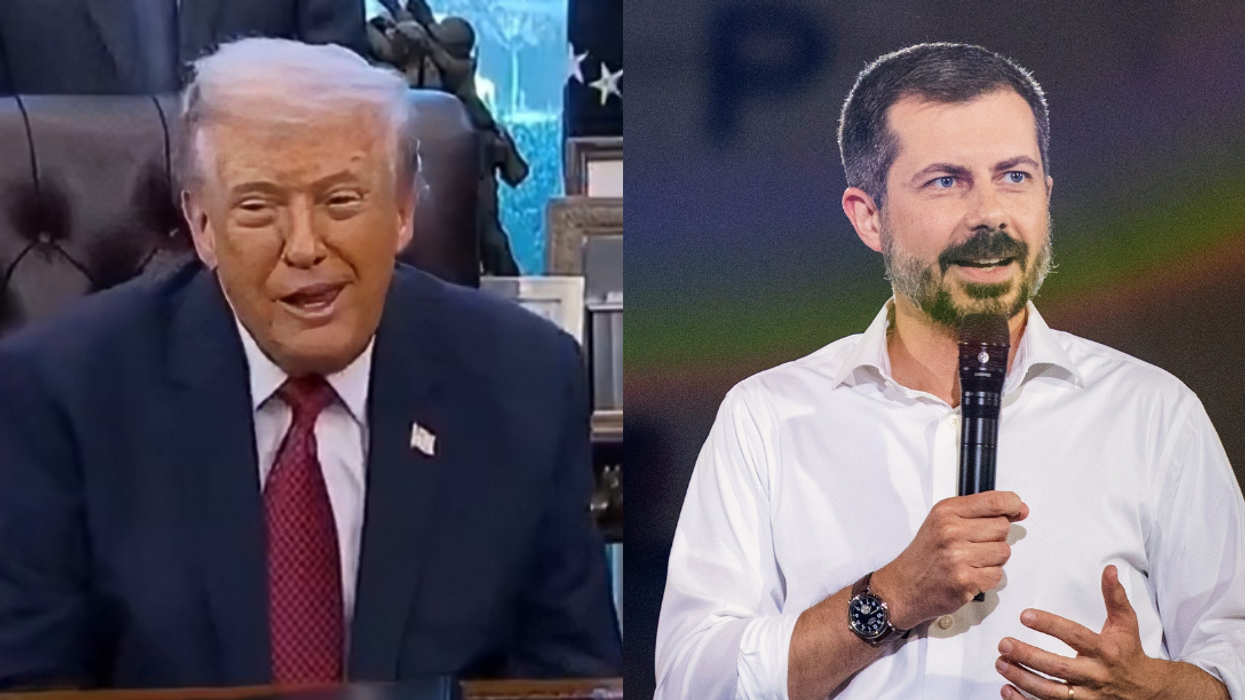
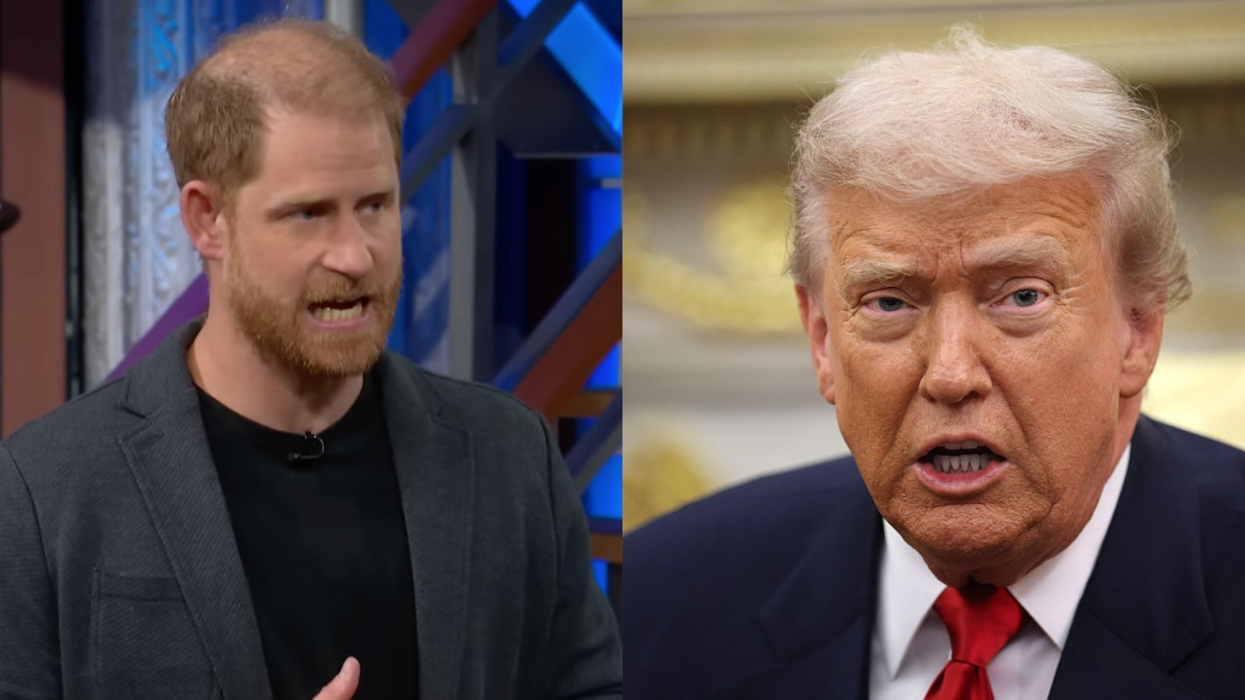


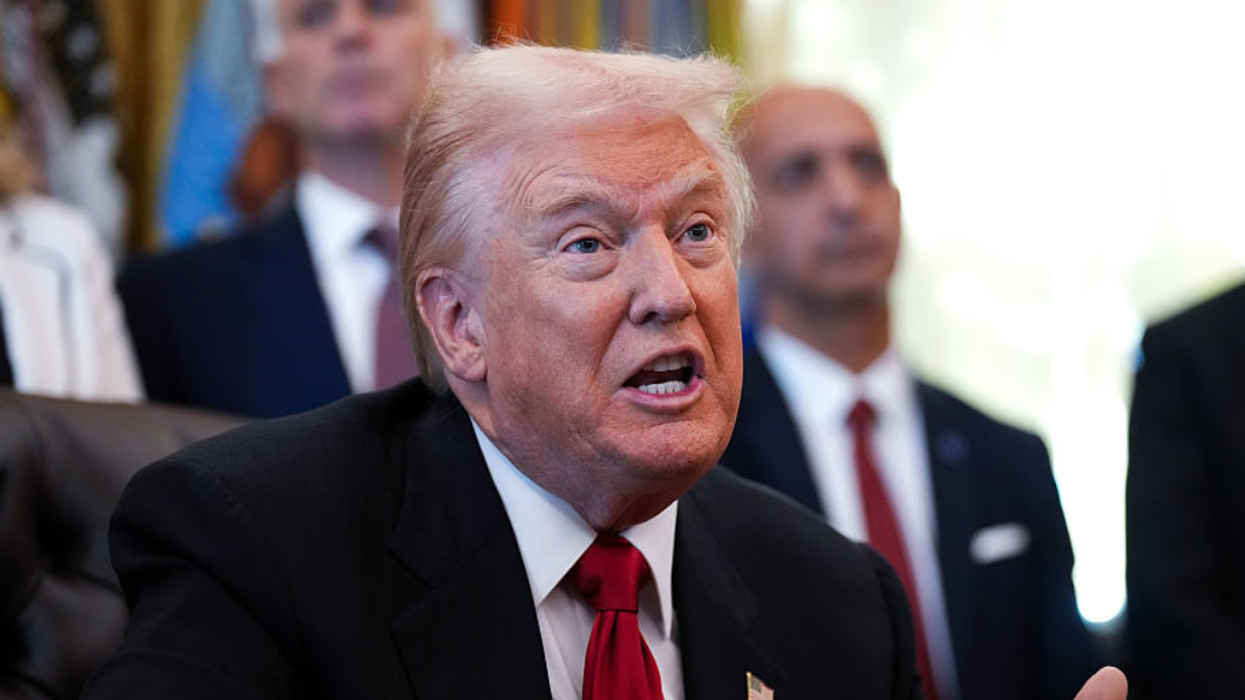
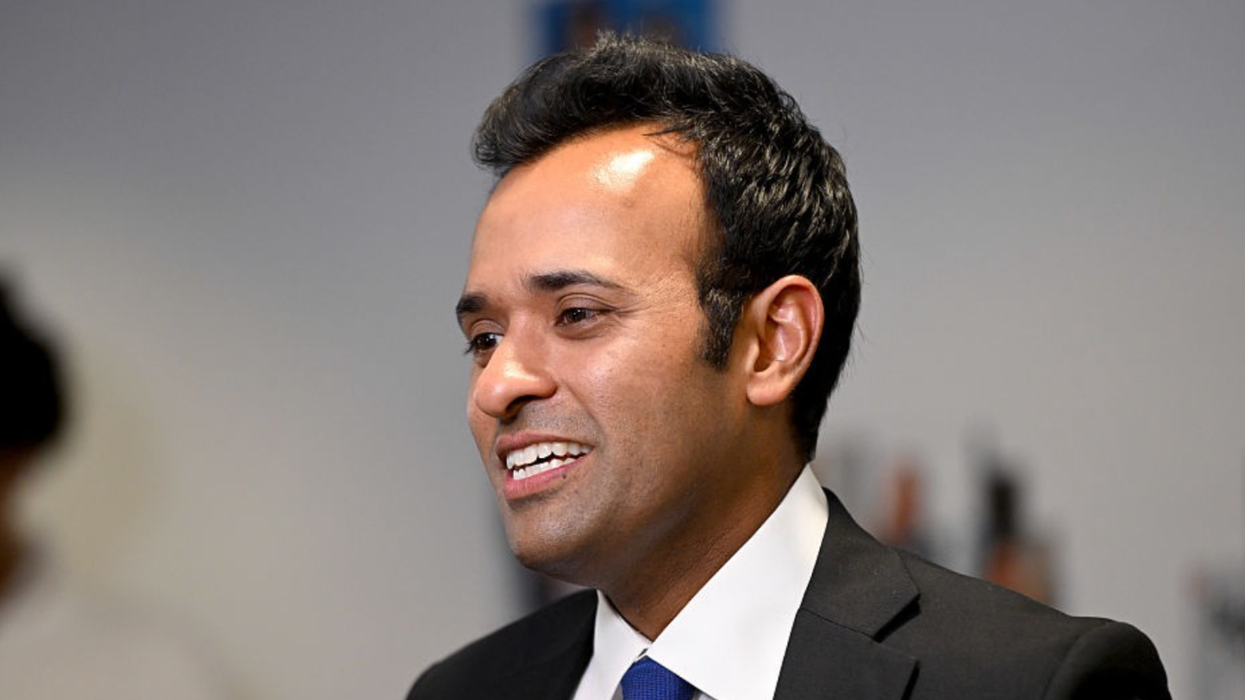
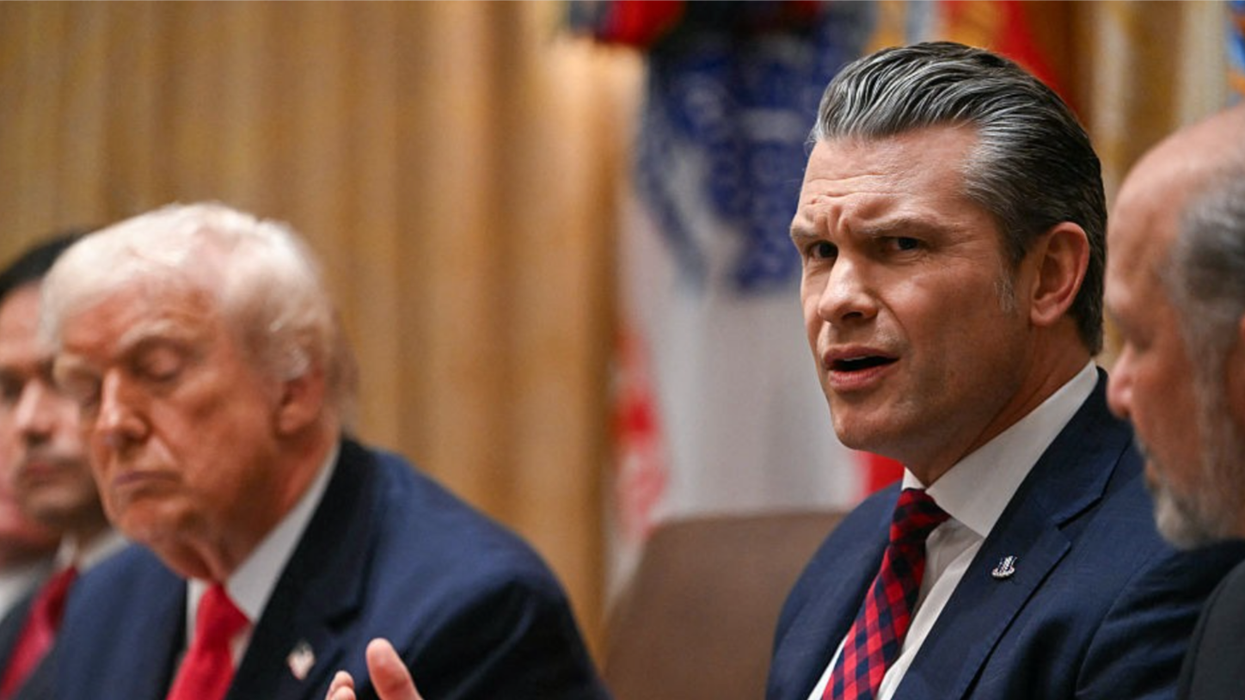
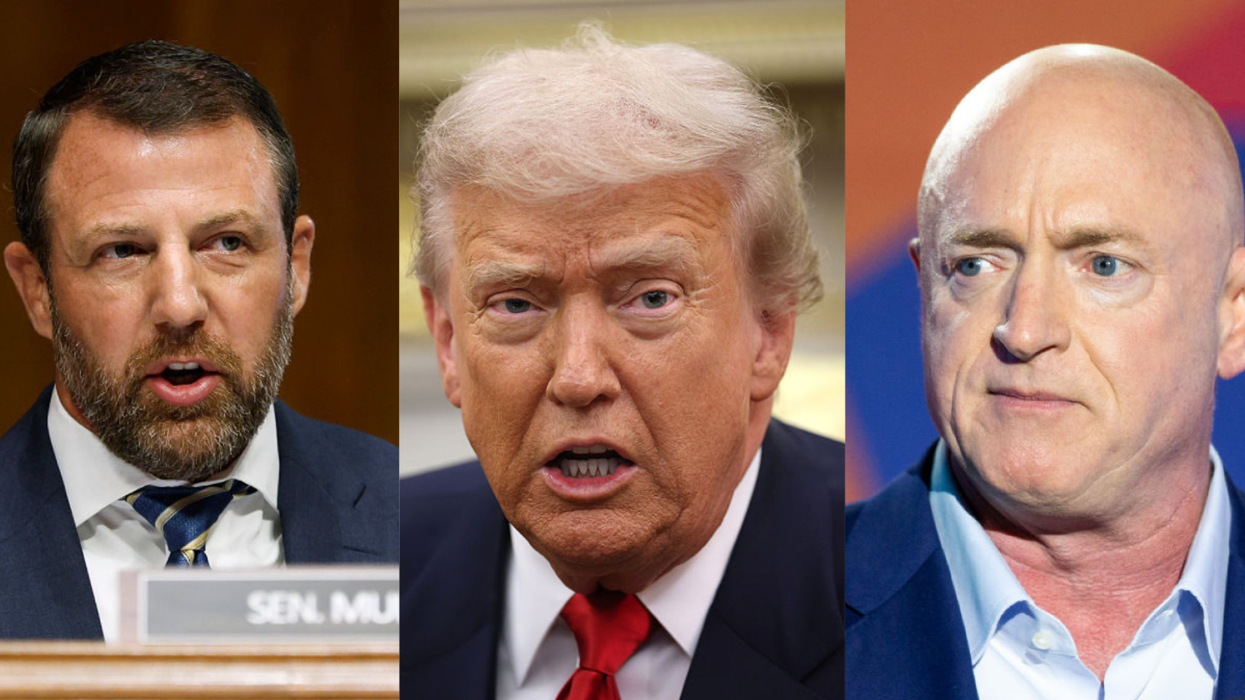



 @drandrealove/Bluesky
@drandrealove/Bluesky @thebulwark/Bluesky
@thebulwark/Bluesky
 @monicasanluiss/TikTok
@monicasanluiss/TikTok @monicasanluiss/TikTok
@monicasanluiss/TikTok @monicasanluiss/TikTok
@monicasanluiss/TikTok @monicasanluiss/TikTok
@monicasanluiss/TikTok @monicasanluiss/TikTok
@monicasanluiss/TikTok @monicasanluiss/TikTok
@monicasanluiss/TikTok @monicasanluiss/TikTok
@monicasanluiss/TikTok @monicasanluiss/TikTok
@monicasanluiss/TikTok @monicasanluiss/TikTok
@monicasanluiss/TikTok @monicasanluiss/TikTok
@monicasanluiss/TikTok @monicasanluiss/TikTok
@monicasanluiss/TikTok @monicasanluiss/TikTok
@monicasanluiss/TikTok @monicasanluiss/TikTok
@monicasanluiss/TikTok
 @alexamcnee/TikTok
@alexamcnee/TikTok @alexamcnee/TikTok
@alexamcnee/TikTok @alexamcnee/TikTok
@alexamcnee/TikTok @alexamcnee/TikTok
@alexamcnee/TikTok @alexamcnee/TikTok
@alexamcnee/TikTok @alexamcnee/TikTok
@alexamcnee/TikTok @alexamcnee/TikTok
@alexamcnee/TikTok @alexamcnee/TikTok
@alexamcnee/TikTok @alexamcnee/TikTok
@alexamcnee/TikTok @alexamcnee/TikTok
@alexamcnee/TikTok @alexamcnee/TikTok
@alexamcnee/TikTok @alexamcnee/TikTok
@alexamcnee/TikTok